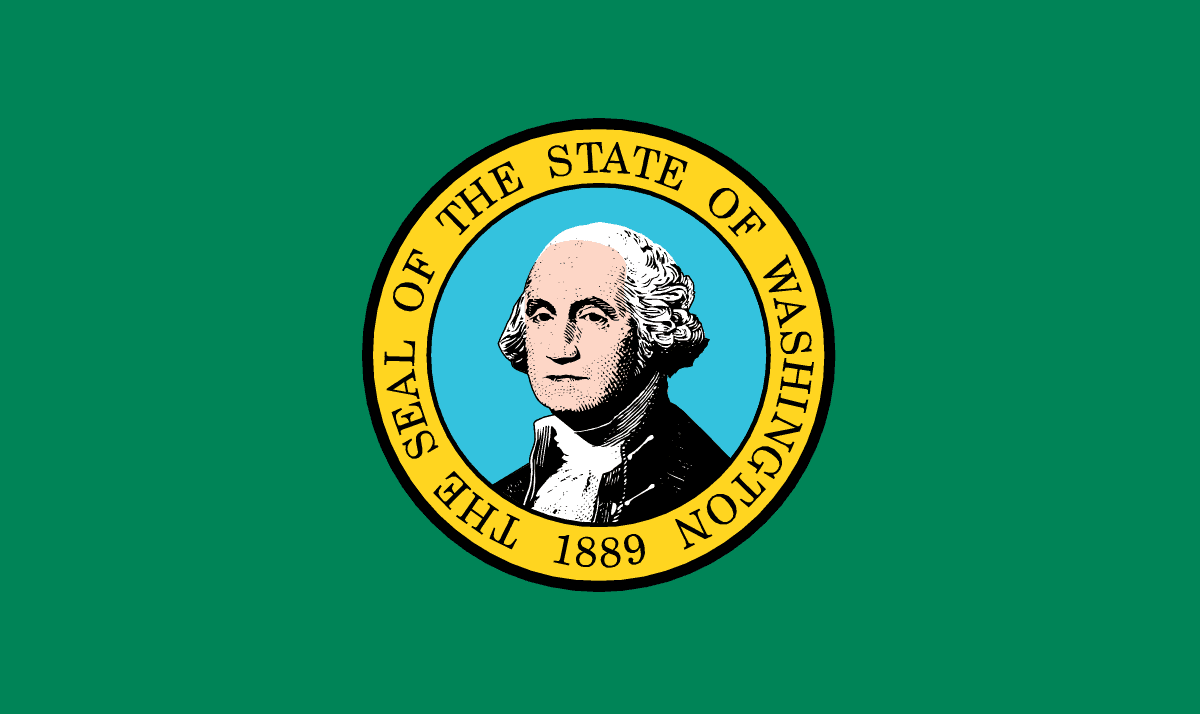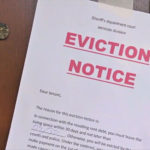A reference of Washington eviction laws, and steps of the Washington eviction process for landlords and renters, updated 2021.
- What are the reasons for eviction under Washington eviction laws?
- Nonpayment of rent (Wash. Rev. Code. Ann. § 59.12.030(3))
- Commits or permits waste on the property (Wash. Rev. Code. Ann. § 59.12.030(5))
- Sets up or carries on an unlawful business on the property (Wash. Rev. Code. Ann. § 59.12.030(5))
- Creates, permits, or maintains a nuisance on the property. (Wash. Rev. Code. Ann. § 59.12.030(5))
- Non-compliance with the lease agreement (Wash. Rev. Code. Ann. § 59.12.030(4))
- Tenant remains in possession of the rental unit after the lease term without the owner’s permission (Wash. Rev. Code. Ann. § 59.18.200(1)(a))
- What notice do Washington eviction laws require that landlords provide tenants before starting the eviction process?
- For evictions based on non-payment of rent, the landlord must provide a 14-day notice. (Wash. Rev. Code. Ann. § 59.12.030(3)).
- For evictions based on committing or permitting waste, an unlawful business, or a nuisance on the property, the landlord must provide a 3-day notice. (Wash. Rev. Code. Ann. § 59.12.030(5)).
- For evictions based on non-compliance with the lease agreement, the landlord must provide a 10-day notice. (Wash. Rev. Code. Ann. § 59.12.030(4)).
- For evictions based on remaining in possession of the rental unit beyond the period of the lease without the owner’s permission, the landlord must provide a 20-day notice to end a month-to-month tenancy. (Wash. Rev. Code. Ann. § 59.18.200(1)(a)).
- Do Washington eviction laws allow landlords to use “self-help eviction” methods, such as locking a tenant out of the rental unit or shutting off the utilities?
- No. Washington law prohibits self-help measures. If the landlord unlawfully excludes the tenant from the rental unit, the tenant can recover actual damages, court costs, and fees. (Wash. Rev. Code. Ann. § 59.18.290). If the landlord cuts off utilities, the landlord can recover up to $100 per day of no service. (Wash. Rev. Code. Ann. § 59.18.300).
Washington Eviction Process: Step-by-Step
The eviction process in Washington involves the following steps:
- Landlord serves the eviction notice. The landlord must give the tenant the appropriate eviction notice that states the reason for the eviction and how long the tenant has to vacate the property.
- Landlord files a complaint. If the tenant fails to move out after receiving the eviction notice in the time specified, the landlord can file a complaint with the court. The landlord must also pay the filing fee.
- Landlord serves the tenant. The landlord is responsible for having the tenant legally served with the legal documents. The tenant can prepare a written response to contest the eviction.
- The parties attend the hearing. If the tenant does not respond, the court can issue a default judgment against the tenant. If the tenant does respond, it sets a hearing and both the parties attend it. The court rules in favor of one of the parties.
- Landlord receives a writ of restitution. If the court rules in the landlord’s favor, it gives a writ of restitution to the landlord. The landlord can use this to have the sheriff forcibly remove the tenant from the premises.







